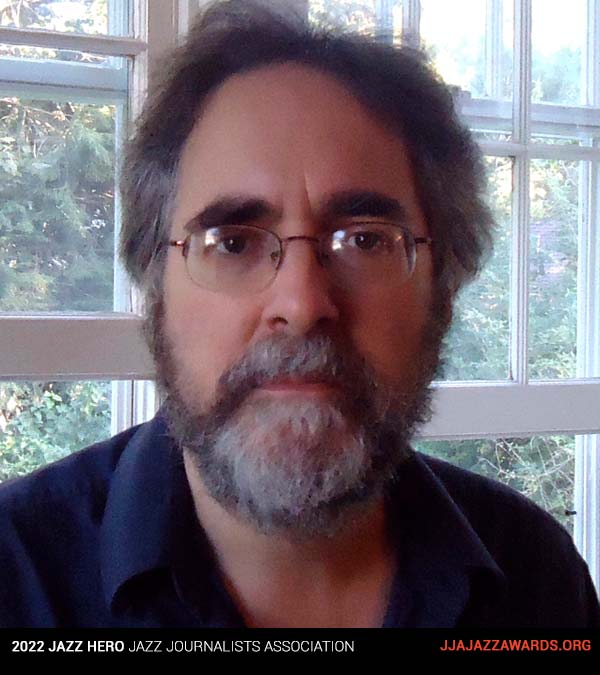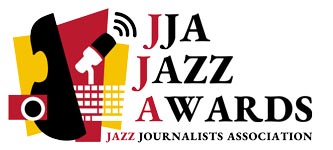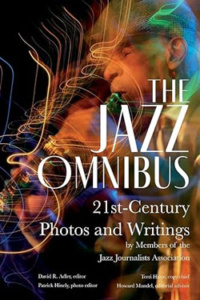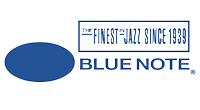New Haven Jazz Hero

Allen Lowe — saxophonist, bandleader, composer, critic, educator and provocateur — is proficient at mining possibilities from the musically exotic, eccentric and arcane. Whether it’s vaudeville or gospel, bebop or bluegrass, rockabilly or rhythm ‘n’ blues, torch songs or Texas swing or any other genre or subgenre of music, Lowe hears connections and echoes within each that most other listeners either can’t or won’t acknowledge. He carries a formidable reputation for seeking out such convergences in unlikely, unexpected places.
As a musician, Lowe has brought a roughhousing intellect and rumbustious wit to his inventions woven with sustained interludes of lyricism and passion. As a historian, he has channeled those qualities into pursuing a unified field theory of American music with all its eccentricities, contradictions and anomalies. Doing so, he has illuminated pathways towards reconceptualizing what we’ve called “American classical music” into a tumult of influences, broadening our senses to take in, say, Al Jolson, Sister Rosetta Tharpe, Roy Rogers, Thelonious Monk and Little Richard as being among many members of the same huge, raucous family of creators. It’s as Monk himself once said to Bob Dylan: “We all play folk music.”
Allen grew up in Massapequa Park in Long Island, N.Y. and began playing saxophone in jazz groups at age 15. He had some of his first experiences with live jazz during his teen years at the notorious Slugs saloon in New York City’s Lower East Side. His eclectic tastes were also influenced in the 1960s by seeing Louis Armstrong, Grateful Dead, Mothers of Invention and Mike Bloomfield and Al Kooper’s Super Session perform.
He dropped out of Yale University after one year studying to be a playwright. He met and married his wife and they moved to Brooklyn where Lowe completed a master’s degree in library science from St. John’s University. He then moved to New Haven, Connecticut and became part of the city’s jazz scene, writing, performing and recording. In the early ‘90s, he coordinated Jazz New Haven, an annual free festival with all-star rosters.
Lowe moved to Portland, Maine in 1996 where he concentrated on composing, writing and audio restoration. He spent the hinge of the 20th and 21st centuries producing and publishing books-and-recordings packages investigating the commonalities of American musical forms, including Really the Blues? A Horizontal Chronicle of the Vertical Blues, 1893-1959, That Devilin’ Tune: A Jazz History 1900-1950, American Pop: From Minstrel to Mojo On Record 1893-1956, and God Didn’t Like It: Electric Hillbillies, Singing Preachers and the Beginning of Rock and Roll, 1950-1970. Lowe also produced such gnomic albums as Mulatto Radio: Field Recordings: 1-4 (or: A Jew At Large in the Minstrel Diaspora), comprising his original compositions both parodying and paying homage to the hybrid musical culture of show tunes, country, gospel, blues and early jazz.
His intrepid efforts in gleaning, retrieving and contextualizing diverse sounds from the past have been compared to those of independent scholars Alan Lomax, Paul Oliver and Harry Smith. To such influences, one could add Zora Neale Hurston for the daring of her own folkloric research and her idiosyncratic and individualistic expressiveness.
Whether in books, albums, panel discussions or Lowe’s puckish, combative social media posts, he has cheekily questioned conventional wisdom and cultural shibboleths, especially the present-day skittishness over such dicey topics as minstrelsy and cultural appropriation. Lowe doesn’t impose contemporary political judgments upon such phenomena, but acknowledges them as part of conversations and transactions carried on through several decades by Black and White people, each affecting and transforming the other to fashion a fluid, singular cultural identity that is, simply, American.
Despite daunting odds and recent struggles with serious health issues, the apotheosis of Lowe’s efforts arrived last year with the release of his self-published Turn Me Loose, White Man, an epochal survey of the national sound in all its permutations. With almost 900 songs spread over 30 compact discs accompanied by two volumes of chronological hypertext, all of it riotously informative, Lowe doesn’t miss a beat. It’s compulsively readable and profoundly inspiring.
In Turn Me Loose‘s second volume, he is moved to make this obseration about the posthumous legacy of ill-starred blues icon Robert Johnson: “Life is what goes on after death, not in another world, but in this one.” the JJA is happy to celebrate Jazz Hero Allen Lowe in this world. — Gene Seymour















